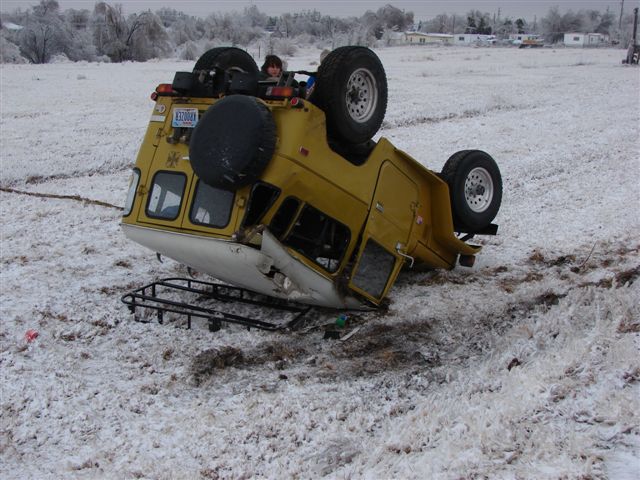Brody,
I've read this thread the whole way through and sympathize with you greatly. I'm much like you. I'm a senior in high school, and have dreams of steam. I've spent many days in school reading the forum or poring over railroad literature. I'm also ready to go off to a good 4 year state school next year, so don't worry too much about the people that tell you to cut it out. But, like many members have told you, hit the books and study your craft. Read books on steam, and talk to people who work on the real thing, steam or otherwise. Once you have the nitty gritty knowledge under your belt, then people will start to take you seriously. I've had the same problem, I'm young and many of the "Old heads" scoff at my grandiose dreams of restoring and operating steam. You learn to ignore the naysayers. See how far they get telling other people what they can and can't do.
If you'd like my advice I'll gladly give it to you, because I know exactly where you're coming from. Don't lose your passion, and be patient. None of this happens overnight.
Start small. I'd kill to be in your position living so close to 765 and the FWRHS. Get involved there doing whatever they'll let you do, even if it is just sweeping the floor! An organization like that always needs fresh hands. And the excellent reputation of an organization like that can take you places if you put in the time there.
Study. Keep up in school, and also learn about steam. The more you know the farther you'll go. A year or two ago, I was your average foamer just looking to get a good shot of a steamer on the mainline. Then I picked up the books on steam and learned more than I could ever imagine. My new knowledge made all of my railroad activities much more fulfilling. A couple starting book recommendations on steam basics are the first 60 pages of Guide to North American Steam Locomotives by George Drury and The Steam Locomotive in North America by Alfred Bruce, who designed steam locomotives at ALCo for many years. These books opened my eyes to so much in the steam world.
Talk to people. This forum is a great place to start. People here offer a wealth of information that rivals an encyclopedia. There will also surely be people who want to see your project happen, whether they think it is feasible or not.
NEVER LOSE YOUR PASSION! You have lots of it and that is so encouraging. All of the greatest achievers in this world all have passion for what they do. You are no different. Have your passion be the springboard for progress.
Feel free to contact me by email in my profile. I'm always in the mood to talk trains with other young people in the hobby.
Zach





